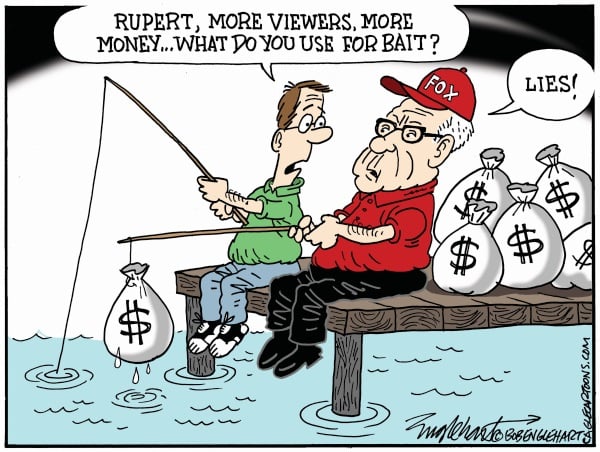THE CONVERSATION — President Joe Biden will convene world leaders beginning on March 29, 2023, to discuss the state of democracies around the world.
The Summit for Democracy, a virtual event being co-hosted by the White House, is being touted as an opportunity to “reflect, listen and learn” with the aim of encouraging “democratic renewal.”
As political scientists, we have been doing something very similar. In the fall of 2022, we listened to thousands of U.S. residents about their views on the state of American democracy. What we found was that, despite widespread fears over the future of democracy, many people are also hopeful, and that hope translated into “voting for democracy” by shunning election result deniers at the polls.
Our study – and indeed Biden’s stated push for democracy – comes at a unique point in American political history.
As a group, we have decades of experience studying politics and believe that not since the American Civil War has there been so much concern that American democracy, while always a work in progress, is under threat. Survey trends point to eroding trust in democratic institutions. And in addition to serving as a direct reminder of our political system’s fragility, the Jan. 6, 2021, attack on the Capitol provoked concern of the potential of democratic backsliding in the U.S.
Fears of a failing democracy
The 2022 midterms were the first nationwide ballot to take place after the Jan. 6 attack. The vote provided a good opportunity to check in with potential U.S. voters over how they viewed the risks to democracy.
As such, in the fall of 2022, the African American Research Collaborative – of which one of us is a member – worked with a team of partners to create the Midterm Election Voter Poll. In an online and phone survey, we asked more than 12,000 U.S. voters from a variety of backgrounds a series of questions about voting intention and trust in national politics. Respondents…
Read the full article here





